Understanding the new EU Organic Regulation
- 24/06/2021
- Posted by: Sandra Borma
- Category: Apples, Avocados, Bananas, Benin, Burkina Faso, Cameroon, Capsicum, Cassava, Chillies, Côte d'Ivoire, Democratic Republic Of The Congo, Ethnic vegetables, French beans, Ginger, Guinea, Lettuces, Madagascar, Mali, Mangoes, Mangosteens, News, Okra, Onions, Papayas, Passion fruit, Pears, Pepper, Plantains, Rwanda, Senegal, Shallots, Spinach, Sweet potatoes, Togo, Tomatoes
No Comments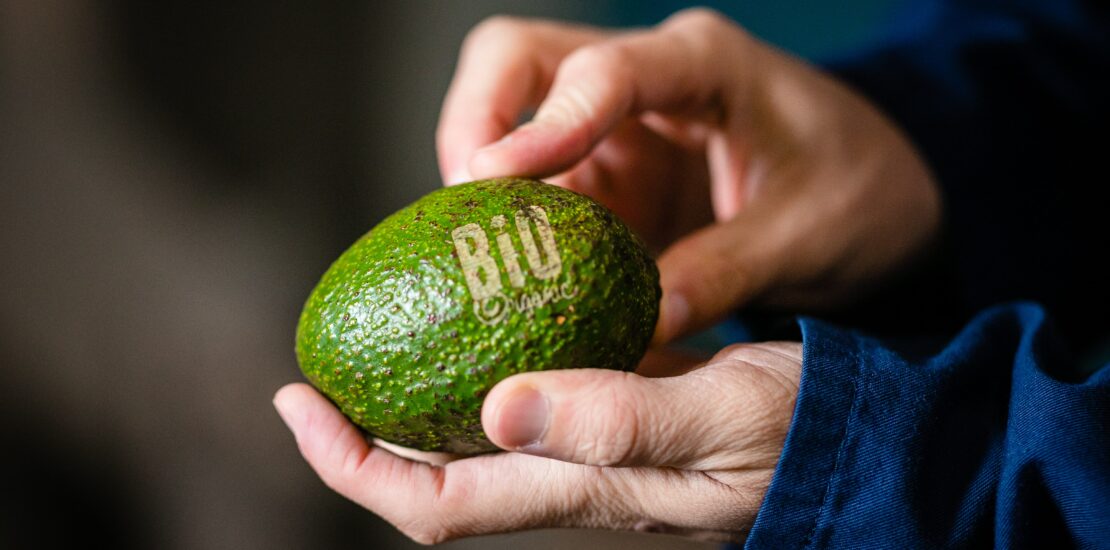 COLEACP organised an online workshop on 15 June to present the changes and potential impacts of the new European Union (EU) Organic Regulation 2018/848, which will enter into force in January 2022. The workshop brought together 80 participants, COLEACP partners involved in the production and export of organic fruit and vegetables. They were given a presentation by Michel Reynaud, Board Member of IFOAM Organics Europe and Vice President of Ecocert, who reviewed the main changes of the new regulation that… +
COLEACP organised an online workshop on 15 June to present the changes and potential impacts of the new European Union (EU) Organic Regulation 2018/848, which will enter into force in January 2022. The workshop brought together 80 participants, COLEACP partners involved in the production and export of organic fruit and vegetables. They were given a presentation by Michel Reynaud, Board Member of IFOAM Organics Europe and Vice President of Ecocert, who reviewed the main changes of the new regulation that… +News digest: Policy
- 18/03/2021
- Posted by: Gaetan Dermien
- Category: Africa, Caribbean, News, Pacific
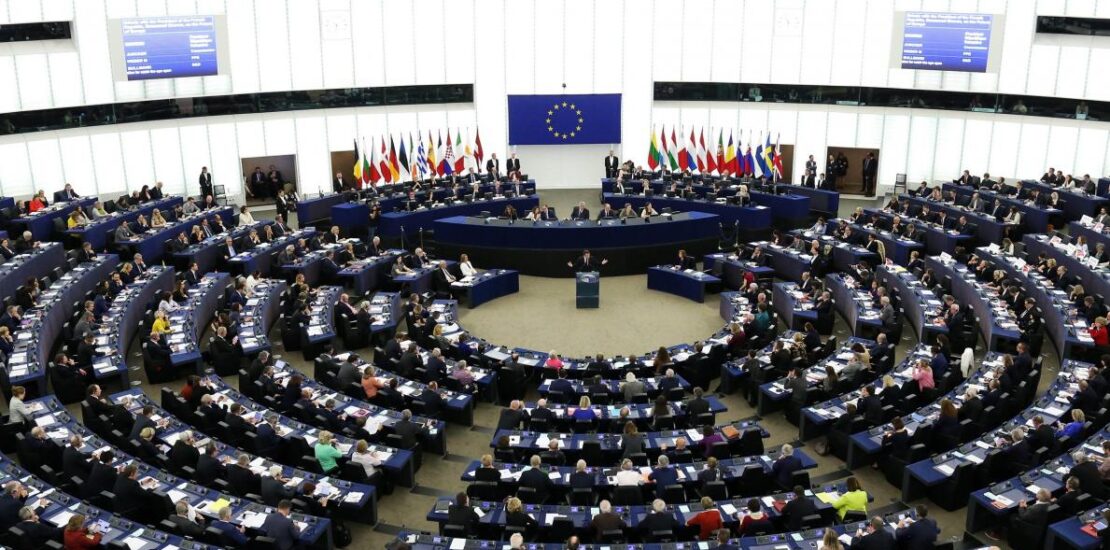 Global New Director-General of World Trade Organization Nigerian Director-General Ngozi Okonjo-Iweala, the first woman and the first African to lead the WTO, took office on 1 March (WTO News, 5 March). Among her first actions were meetings with the Group of Least Developed Countries as well as the Friends of the System, an alliance of small and mid-sized members from different regions and development levels that are committed to a well-functioning multilateral trading system. A top priority will be to… +
Global New Director-General of World Trade Organization Nigerian Director-General Ngozi Okonjo-Iweala, the first woman and the first African to lead the WTO, took office on 1 March (WTO News, 5 March). Among her first actions were meetings with the Group of Least Developed Countries as well as the Friends of the System, an alliance of small and mid-sized members from different regions and development levels that are committed to a well-functioning multilateral trading system. A top priority will be to… +COLEACP-CABI AGREEMENT TO SUPPORT GLOBAL FOOD SECURITY
- 10/12/2020
- Posted by: Gaetan Dermien
- Category: Uncategorized
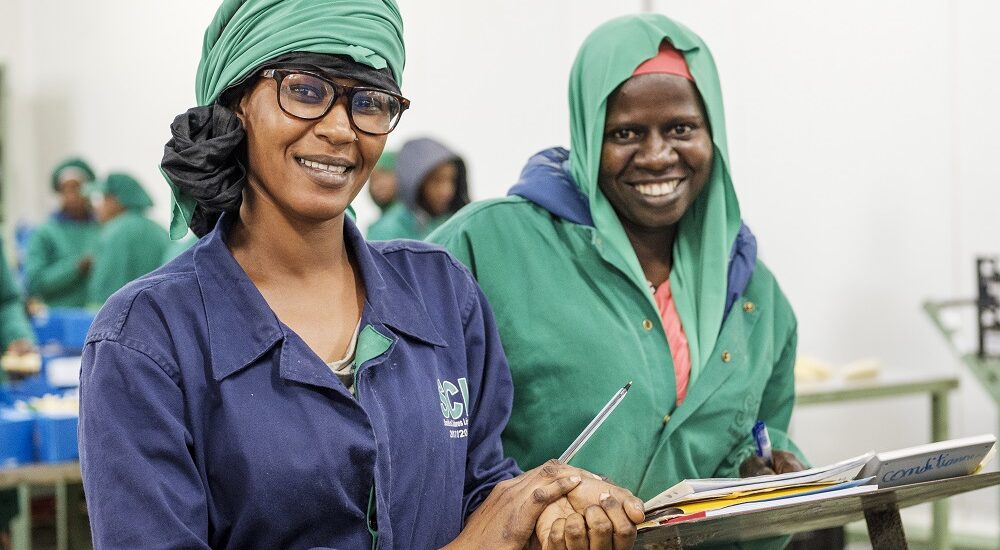 COLEACP and CABI have signed a Memorandum of Understanding to work together on key areas of interest concerning sanitary and phytosanitary (SPS) measures around the world. The agreement, which ultimately aims to benefit food security among countries within the African Caribbean and Pacific (ACP) states, will enable a strategic focus on improving SPS measures – including regulations and standards – at a local, national and regional levels. The understanding will build on CABI’s main objective of improving people’s lives worldwide… +
COLEACP and CABI have signed a Memorandum of Understanding to work together on key areas of interest concerning sanitary and phytosanitary (SPS) measures around the world. The agreement, which ultimately aims to benefit food security among countries within the African Caribbean and Pacific (ACP) states, will enable a strategic focus on improving SPS measures – including regulations and standards – at a local, national and regional levels. The understanding will build on CABI’s main objective of improving people’s lives worldwide… +EU approval will not be renewed for six key PPPs
- 30/11/2020
- Posted by: Gaetan Dermien
- Category: Africa, Benin, Botswana, Burkina Faso, Burundi, Cameroon, Caribbean, Côte d'Ivoire, Democratic Republic Of The Congo, Dominican Republic, Ethiopia, Gambia, Ghana, Guinea, Kenya, Mali, Mauritius, Namibia, Nigeria, Pacific, Rwanda, Senegal, Sierra Leone, Suriname, Tanzania, Togo, Uganda, Zambia, Zimbabwe
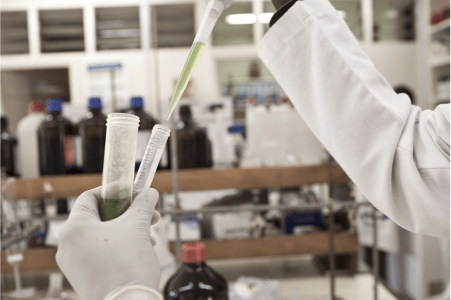 Key points EU approval will not be renewed for six PPPs that are important to ACP horticulture : – thiophanate methyl – mancozeb – imidacloprid – zeta-cypermethrin – haloxyfop-p – pencycuron How will ACP producers/exporters be affected? Non-renewal means that these PPPs can no longer be legally used within EU countries. But it also has an impact on ACP growers – the EU maximum residue levels (MRLs) will be reduced to the limit of determination (LoD), which in most cases means… +
Key points EU approval will not be renewed for six PPPs that are important to ACP horticulture : – thiophanate methyl – mancozeb – imidacloprid – zeta-cypermethrin – haloxyfop-p – pencycuron How will ACP producers/exporters be affected? Non-renewal means that these PPPs can no longer be legally used within EU countries. But it also has an impact on ACP growers – the EU maximum residue levels (MRLs) will be reduced to the limit of determination (LoD), which in most cases means… +EU MRL changes
- 13/11/2020
- Posted by: Gaetan Dermien
- Category: Africa, Angola, Benin, Botswana, Burkina Faso, Burundi, Cameroon, Cape Verde, Caribbean, Central African Republic, Chad, Côte d'Ivoire, Democratic Republic Of The Congo, Djibouti, Dominica, Dominican Republic, Equatorial Guinea, Eritrea, Eswatini, Ethiopia, Federated States of Micronesia, Fiji, Gabon, Gambia, Ghana, Grenada, Guinea, Guinea-Bissau, Guyana, Haiti, Jamaica, Kenya, Lesotho, Liberia, Madagascar, Malawi, Mali, Mauritania, Mauritius, Mozambique, Namibia, Niger, Nigeria, Pacific, Papua New Guinea, Republic of the Congo, Rwanda, Saint Kitts and Nevis, Saint Lucia, Saint Vincent and the Grenadines, Samoa, Sao Tome and Principe, Senegal, Seychelles, Sierra Leone, Somalia, Sudan, Suriname, Tanzania, Timor-Leste, Togo, Tonga, Trinidad and Tobago, Tuvalu, Uganda, Vanuatu, Zambia, Zimbabwe
 This news provides updates on recent changes to EU maximum residue limits (MRLs) for plant protection products (PPPs). Where an MRL has been lowered, it is important for growers using the PPP to make any necessary adjustments in good time to ensure continued compliance with EU regulations. This may mean adapting production practices (good agricultural practices, GAP) or using alternative control methods. This news also includes a complete list of the MRL changes introduced so far in 2020. If you… +
This news provides updates on recent changes to EU maximum residue limits (MRLs) for plant protection products (PPPs). Where an MRL has been lowered, it is important for growers using the PPP to make any necessary adjustments in good time to ensure continued compliance with EU regulations. This may mean adapting production practices (good agricultural practices, GAP) or using alternative control methods. This news also includes a complete list of the MRL changes introduced so far in 2020. If you… +Field activities resume in Côte d’Ivoire
- 10/11/2020
- Posted by: Emmanuel Bourcelet
- Category: Côte d'Ivoire, News, Pineapples
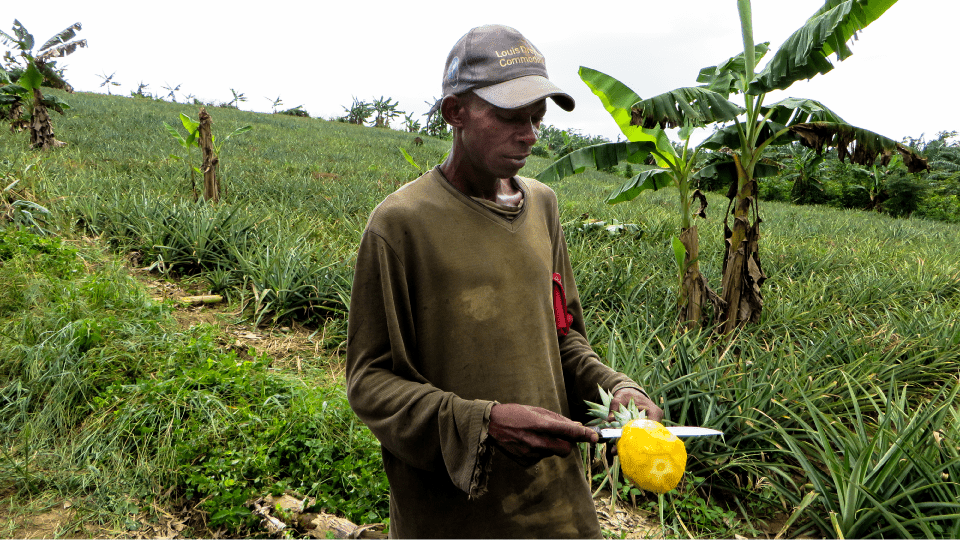 After a period when all COLEACP’s activities were organised remotely due to restrictions related to the COVID-19 pandemic, field activities in Côte d’Ivoire are now resuming. COLEACP is working with a pineapple cooperative towards their compliance with the Fair For Life standard. The COLEACP expert and the company’s managers have committed to complying with World Health Organization recommended health and safety measures during their meetings.… +
After a period when all COLEACP’s activities were organised remotely due to restrictions related to the COVID-19 pandemic, field activities in Côte d’Ivoire are now resuming. COLEACP is working with a pineapple cooperative towards their compliance with the Fair For Life standard. The COLEACP expert and the company’s managers have committed to complying with World Health Organization recommended health and safety measures during their meetings.… +New EU Organic Regulation postponed by one year
- 07/09/2020
- Posted by: Gaetan Dermien
- Category: Africa, Caribbean, News, Pacific
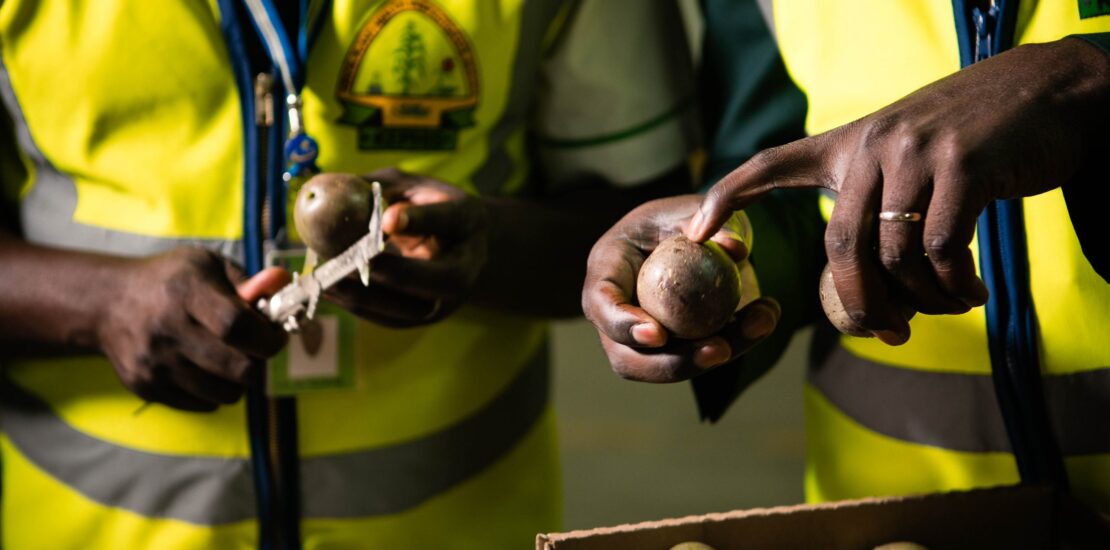 In a press release issued on 4th September, The European Commission (EC) has announced a proposal to postpone the entry into force of the new organic regulation (EU) 2018/848 from January 2021 to January 2022. The proposal still needs to be ratified by the European Parliament, but seems certain to go ahead. COLEACP welcomes this important move, which was originally requested by Member States, the European Parliament, third countries, and other stakeholders, including the Organisation of Africa, Caribbean Pacific States… +
In a press release issued on 4th September, The European Commission (EC) has announced a proposal to postpone the entry into force of the new organic regulation (EU) 2018/848 from January 2021 to January 2022. The proposal still needs to be ratified by the European Parliament, but seems certain to go ahead. COLEACP welcomes this important move, which was originally requested by Member States, the European Parliament, third countries, and other stakeholders, including the Organisation of Africa, Caribbean Pacific States… +Update on plant health rules for fresh mango exported to the EU
- 10/07/2020
- Posted by: Gaetan Dermien
- Category: Mangoes, News
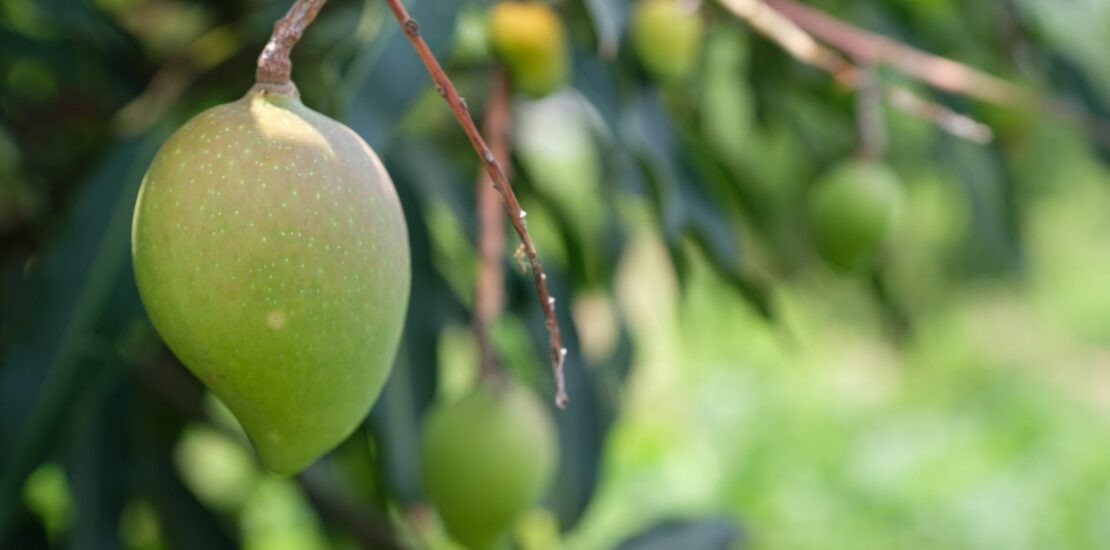 An update of “COLEACP Guidelines on the Export of Mango to the European Union” has just been published. This guide provides a clear explanation of what needs to be done in order to ensure that Mango exports are in compliance with EU phytosanitary requirements related to non-European fruit fly (Tephritidae). It details the information to be provided, and actions to be taken, at all stages from production to export by producers and exporters, as well as by the national authorities… +
An update of “COLEACP Guidelines on the Export of Mango to the European Union” has just been published. This guide provides a clear explanation of what needs to be done in order to ensure that Mango exports are in compliance with EU phytosanitary requirements related to non-European fruit fly (Tephritidae). It details the information to be provided, and actions to be taken, at all stages from production to export by producers and exporters, as well as by the national authorities… +Focus on the global flower industry
- 24/04/2020
- Posted by: Gaetan Dermien
- Category: News
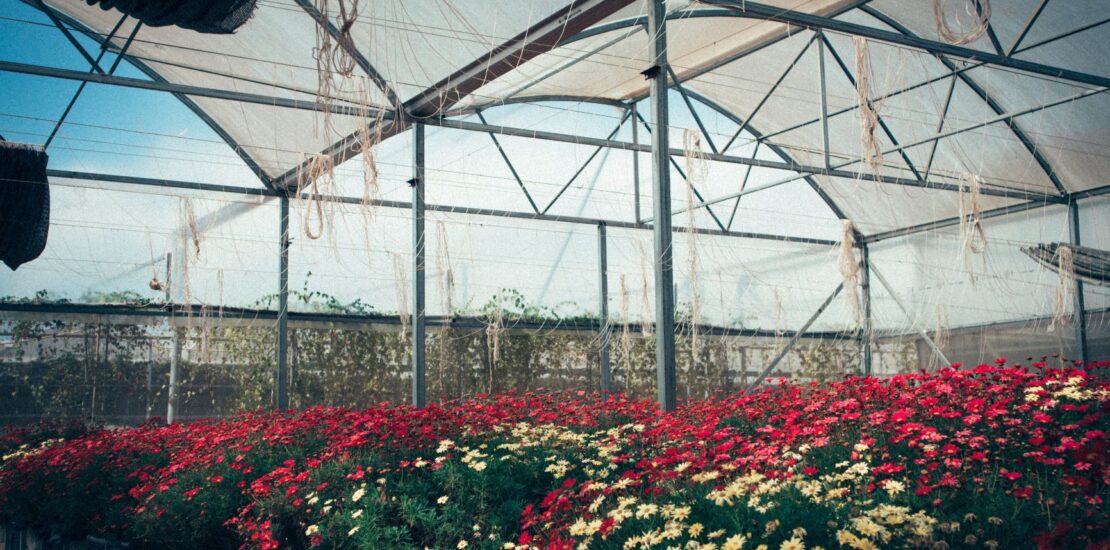 PROVIDED BY UNION FLEURS – INTERNATIONAL FLOWER TRADE ASSOCIATION (WWW.UNIONFLEURS.ORG) European market Since mid-April, activity is gradually restarting on the European market with garden centres having opened again in some EU countries (Belgium, Austria, the whole of Germany). It provides some breathing space for the sector, but some major markets are still mostly locked down (e.g. France, United Kingdom, Switzerland). The overall market activity (both volumes and prices) in the EU is in any case nowhere close to what it… +
PROVIDED BY UNION FLEURS – INTERNATIONAL FLOWER TRADE ASSOCIATION (WWW.UNIONFLEURS.ORG) European market Since mid-April, activity is gradually restarting on the European market with garden centres having opened again in some EU countries (Belgium, Austria, the whole of Germany). It provides some breathing space for the sector, but some major markets are still mostly locked down (e.g. France, United Kingdom, Switzerland). The overall market activity (both volumes and prices) in the EU is in any case nowhere close to what it… +Important amendment to EU Plant Health regulations affecting exports of chillies and peppers (Capsicum)
- 26/10/2017
- Posted by: Gaetan Dermien
- Category: Capsicum, Chillies, News
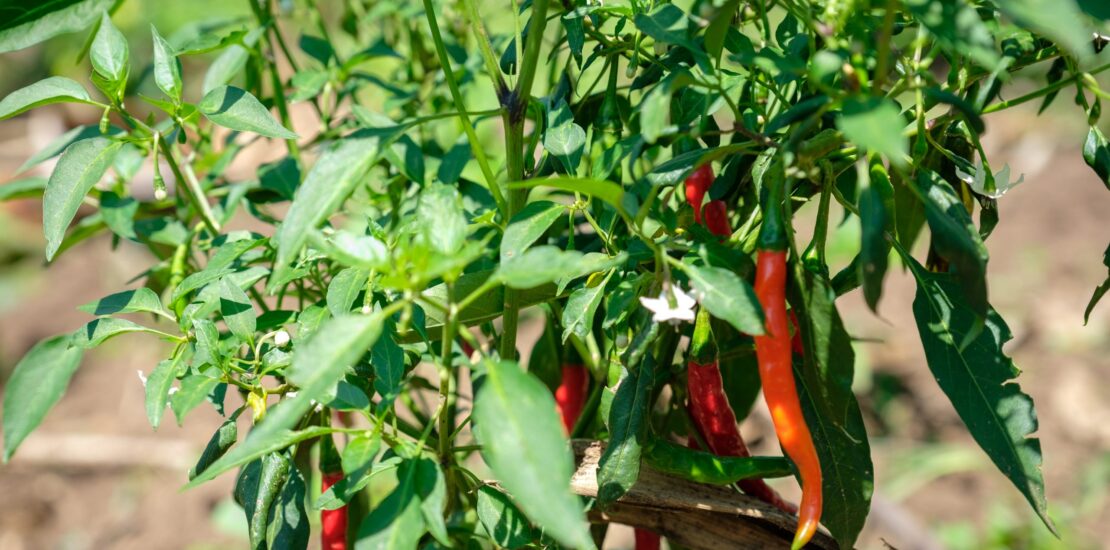 Until the new European Plant Health Regulation comes into force in December 2019, the application of existing EU rules is being reinforced. This has implications for third countries exporting to the EU, including the African, Caribbean and Pacific (ACP) states. On 15 July 2017, the European Commission published Implementing Directive 2017/1279, which sets out important new plant health rules affecting ACP exports. These rules require additional measures for the control of four new quarantine pests, including False Codling Moth (Thaumatotybia… +
Until the new European Plant Health Regulation comes into force in December 2019, the application of existing EU rules is being reinforced. This has implications for third countries exporting to the EU, including the African, Caribbean and Pacific (ACP) states. On 15 July 2017, the European Commission published Implementing Directive 2017/1279, which sets out important new plant health rules affecting ACP exports. These rules require additional measures for the control of four new quarantine pests, including False Codling Moth (Thaumatotybia… +
